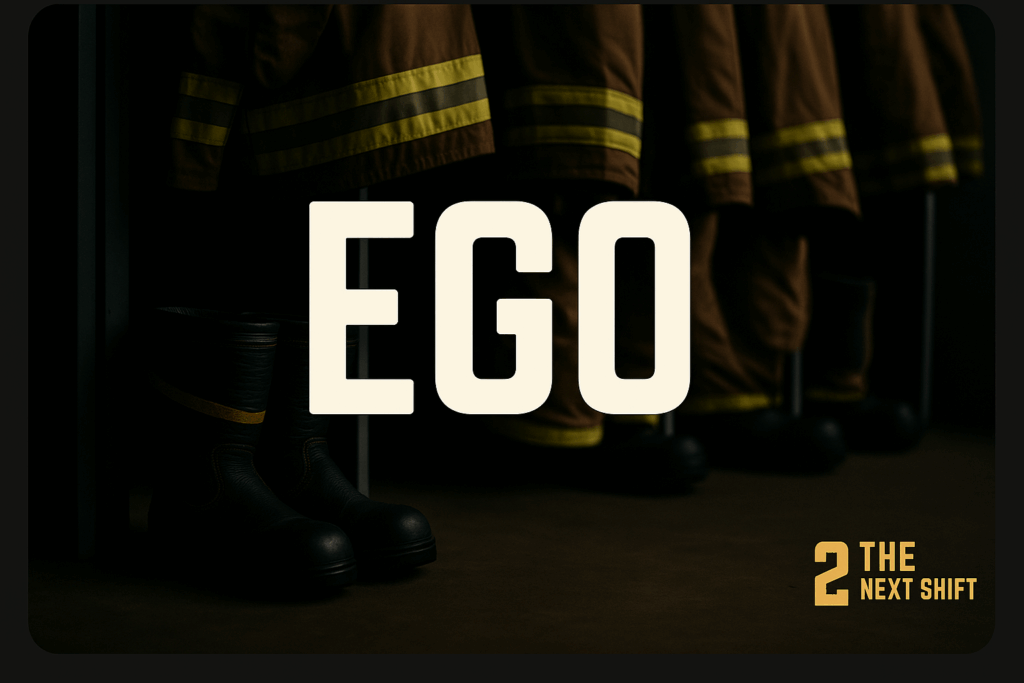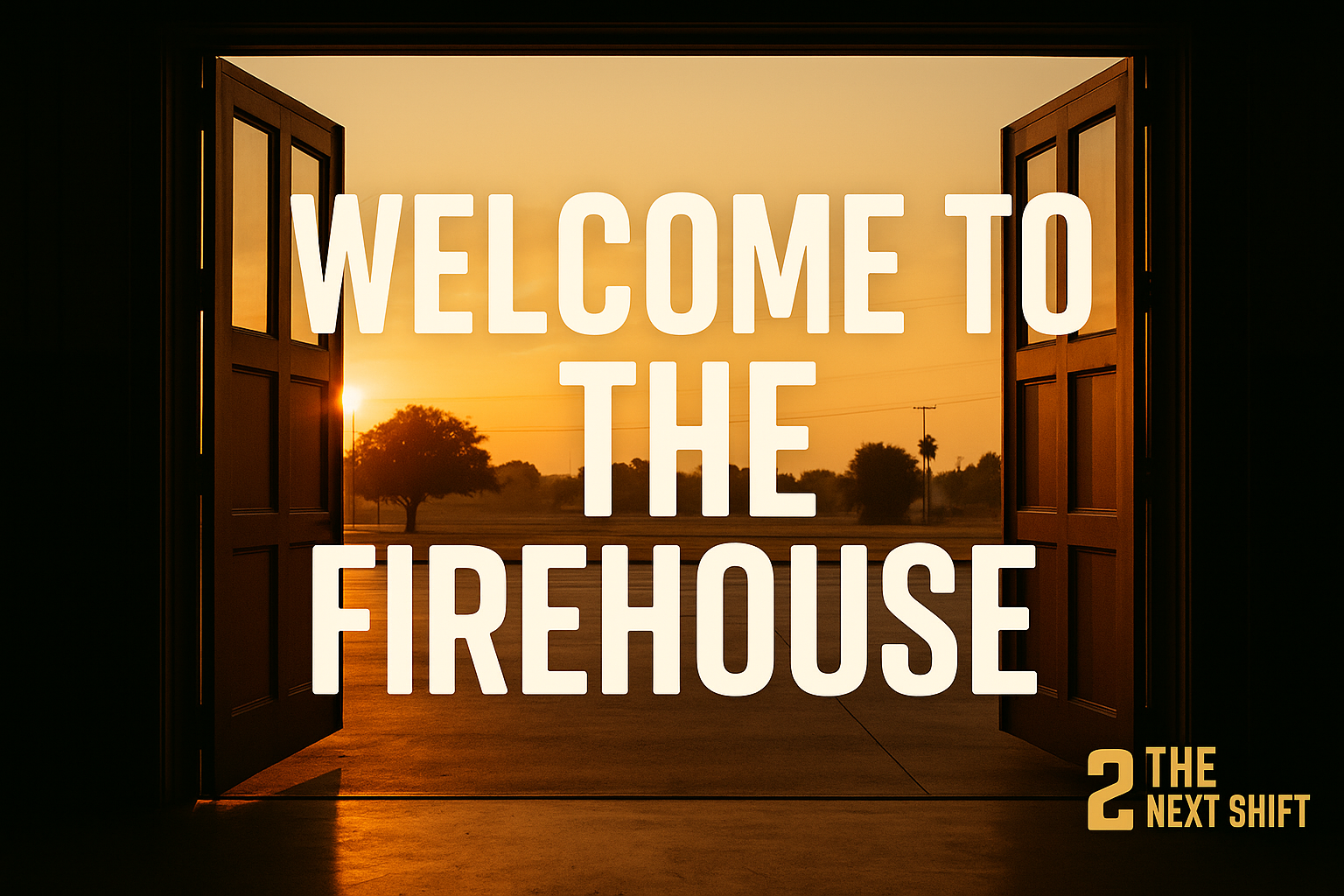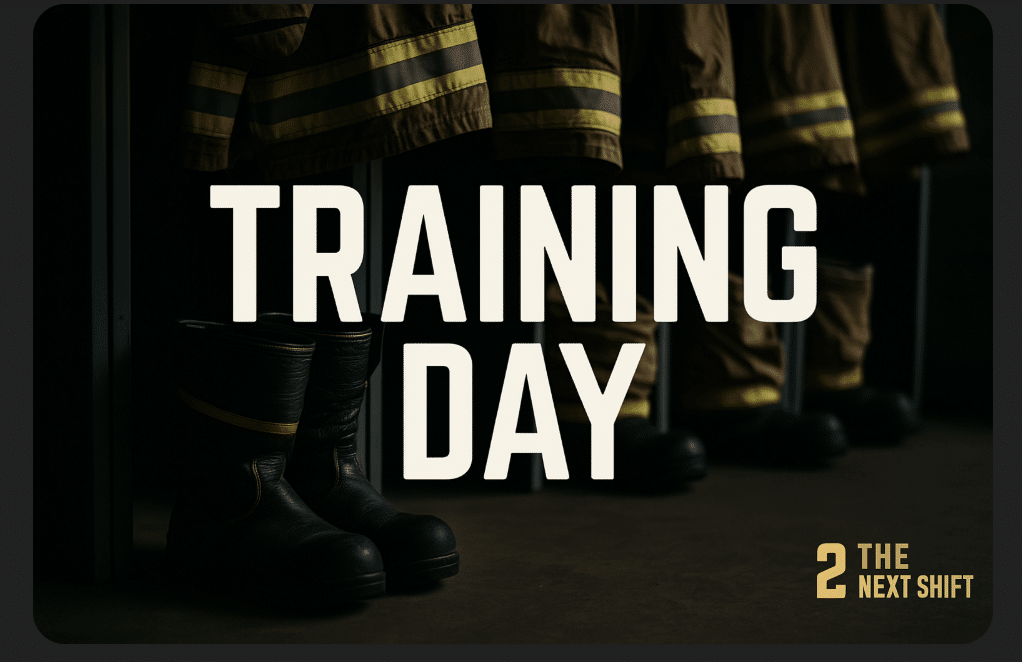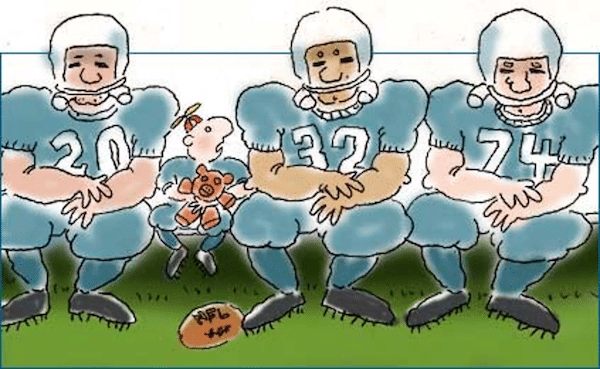Ego, Energy, and Ears: Learning to Listen in a Loud Job

This career is loud.
Sirens. Radios. Yelling over roaring engines. The constant beat of urgency. What’s the real noise? It’s the stuff in your own head—the pressure to prove yourself, the fear of messing up, the temptation to tune out or show off instead of showing up.
To survive this work and to grow in it, you’ve got to master three things:
Your ego, your energy, and your ears.
Miss one, and you become a liability. Nail all three, and you become the kind of responder people are grateful to ride with.
Ego: Check It at the Bay Door
Let’s get this straight: confidence is good. Cockiness is dangerous.
Nobody wants to work next to the person who thinks he or she knows everything. The one who talks over others. The one who can’t take feedback. In this career, your ego isn’t just annoying, it can be deadly.
You will make mistakes. We all do. But what separates a rookie from a pro isn’t how loud they are, it’s how quick they are to own their errors and learn from them.
The best first responders I know are humble, teachable, and grounded. They don’t need to be the loudest voice in the room because their work speaks for itself.
Energy: Be the Thermostat, Not the Thermometer
Every call has a temperature. Some scenes are icy with shock. Some are fiery with chaos. Some swing wildly from one moment to the next.
Regulate the room you enter.
Don’t let the room dictate your mood. Don’t match panic with panic or sarcasm with sarcasm. Instead, bring calm into the chaos. Bring focus into the noise. Be the one others stabilize around.
Your energy sets the tone for your crew and the people you’re helping. And whether you realize it or not, people will take their cues from you.
So take a breath. Center yourself. And remember: steady is strong.
Ears: Listening Is a Life-Saving Skill
You’d be shocked how much people miss because they’re too busy talking.
They talk over patients. Talk over teammates. Talk over the one piece of information that could have changed the outcome of a call.
Listening is one of the most powerful tools in your belt. Not just with your ears but with your eyes, your gut, your full attention.
Listen to what’s being said and what isn’t.
That patient who says “I’m fine”? Look closer. That teammate who’s quieter than usual? Pay attention. That voice on the radio giving scene updates? Don’t tune it out.
Listening saves lives. Period.
Emotional Listening: Tune Into Yourself, Too
Here’s something you won’t find in the manual: you’ve got to listen to yourself.
How are you really doing? Are you tense? Drained? Getting short with people? Dreading your next shift?
These aren’t random feelings. They’re data. They’re your body and mind trying to tell you something.
Don’t ignore those signals. Don’t bottle them up until they explode. Self-awareness is the first step toward resilience. And resilience is what keeps you in this work long-term.
The Right Kind of Quiet
Sometimes the strongest thing you can do is be quiet.
Quiet enough to hear what a scared kid is really asking.
Quiet enough to let a grieving spouse cry without trying to fix it.
Quiet enough to hear your own breathing when everything around you is chaos.
This job will push you to speak, act, solve, and move but your power often lives in the pause.
Final Word: Be the Kind of Presence That Brings Peace
People won’t always remember your name but they’ll remember how they felt when you showed up.
Did you bring calm or chaos? Did you hear them or talk over them? Did you stay grounded or let your ego and emotions run the scene?
Be the kind of first responder whose presence steadies the room.
Up Next: “Facing Fire, Blood, and Brokenness: What No One Prepares You For”
A raw look at the calls that haunt you—and what to do when the images won’t let go.






Responses